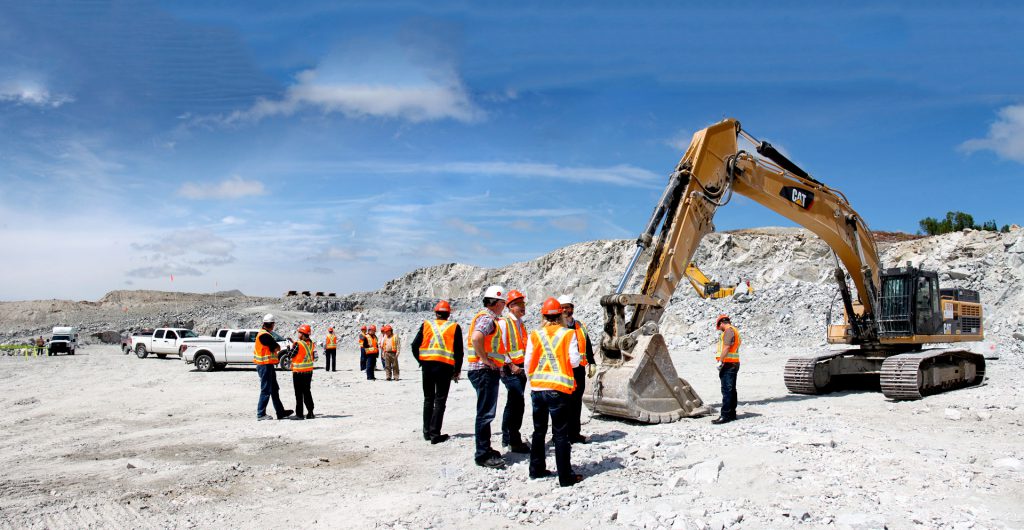Critical Elements gets environmental ok, shares rally

Critical Elements Lithium Corp. [CRE-TSXV, CRECF-OTCQX, F12-FSE] shares rallied Wednesday after the company said the Canadian Government has rendered a favourable decision in relation to its proposed Rose Lithium-Tantalum Mining Project in James Bay, Quebec.
Critical Elements has said it aspires to become a large, responsible supplier of lithium to the electric vehicle and energy storage industries by advancing its 100%-owned Rose Lithium Project.
The project is an open pit lithium and tantalum mine located approximately 38 kilometres north of the Nemaska Cree Nation village in Quebec. It is expected to produce about 4,500 tonnes of ore per day over a lifespan of over 17 years.
In 2017, the company completed a robust feasibility study on the Rose Phase 1 for the production of high quality spodumene concentrate. The capital cost is estimated at $341.2 million.
The construction period is expected to be 21 months.
Critical Elements shares jumped almost 9% or 12 cents to $1.47 Wednesday after the company said Jonathan Wilkinson, Canada’s Minister of Environment and Climate Change, has rendered a favourable decision with respect to the proposed mining project.
The shares are currently trading in a 52-week range of $1.79 and 27.5 cents.
In a decision statement, which includes the conditions to be complied with by the company, Critical Elements said Minister Wilkinson confirms that the project is not likely to cause significant adverse environmental effects when mitigation measures are taken into account. Therefore, the project is allowed to proceed.
This marks an important development for the project, Critical Elements said in a press release.
“We are very pleased with the decision regarding the Rose Lithium Tantalum Environmental Assessment process, which brings us closer to the day when the project can move forward,” said Critical Elements CEO Jean-Sebastien Lavallee.
In a statement, Wilkinson said Critical Elements forsees economic benefits for the local Cree and non-Indigenous communities, particularly by the creation of quality jobs, business opportunities and purchasing of services and materials.
He also said the Eastmain, Nemaska, Waskaganish and Waswanipi Cree Nations were consulted throughout the environmental assessment process and $86,224 in funding was made available to support their participation in various phases of the review.
The Cree Nation of Eastmain, the Grand Council of the Crees [Eeyou Istchee], the Cree National Government and Critical Elements signed an impact and benefits agreement, referred to as the Pakhuutaau Agreement in July, 2019.
It provides for training, employment and business opportunities for the Crees and particularly the Crees of Eastmain at the Project, as well as for the cooperation and involvement of the Cree parties with Critical Elements in the environmental monitoring during all phases of the project
The final remaining step in the project’s approval is the completion of the provincial permitting process, which runs parallel to the federal process. The company said the provincial assessment is already well advanced
